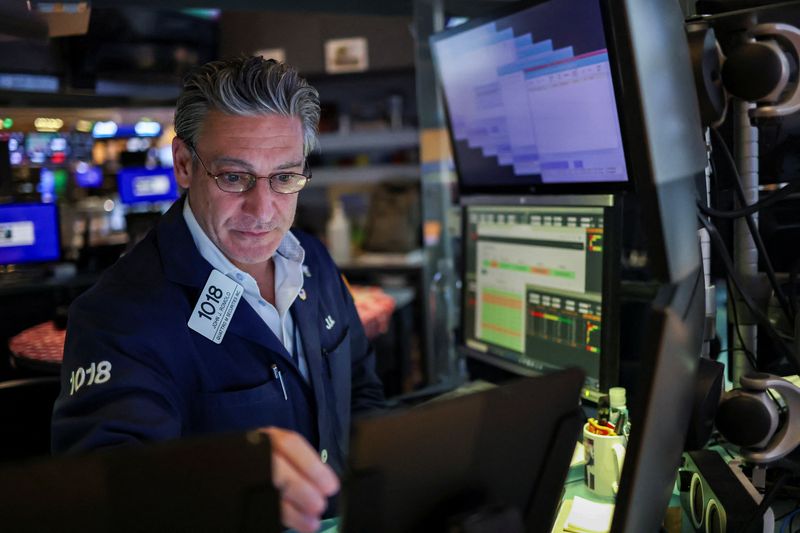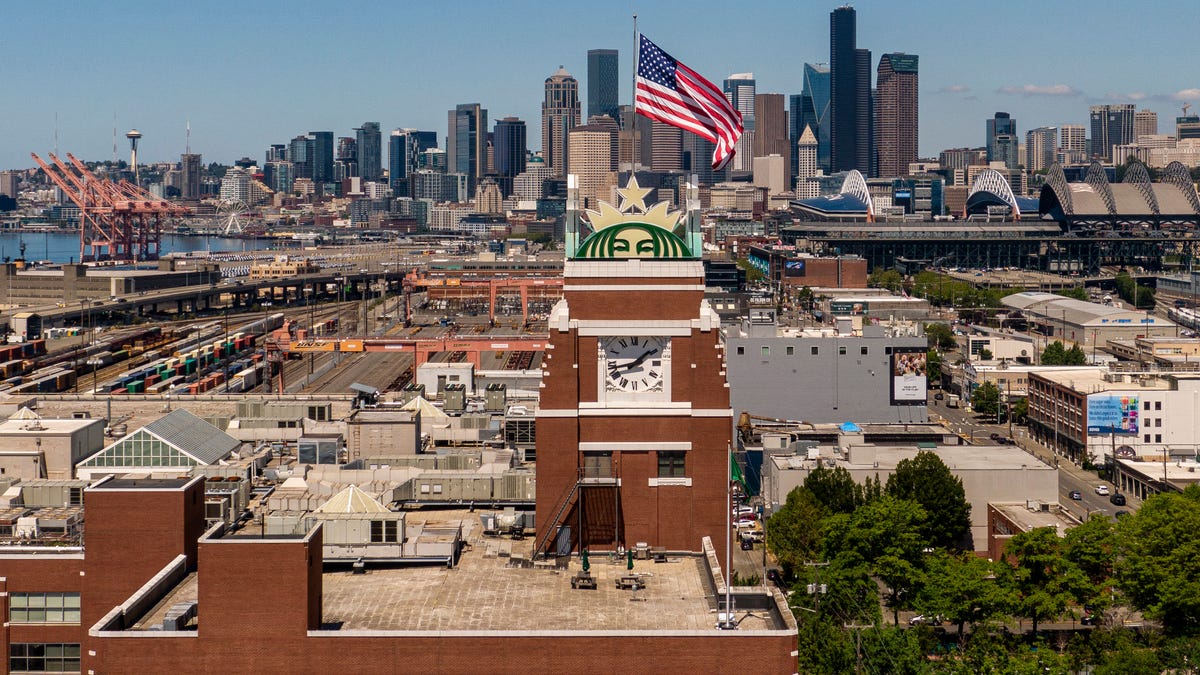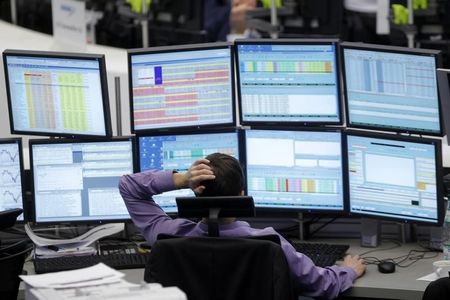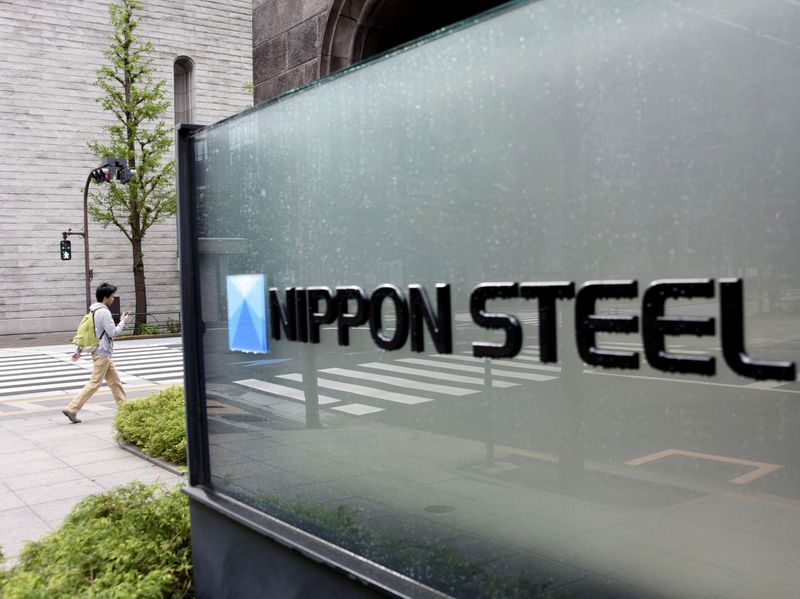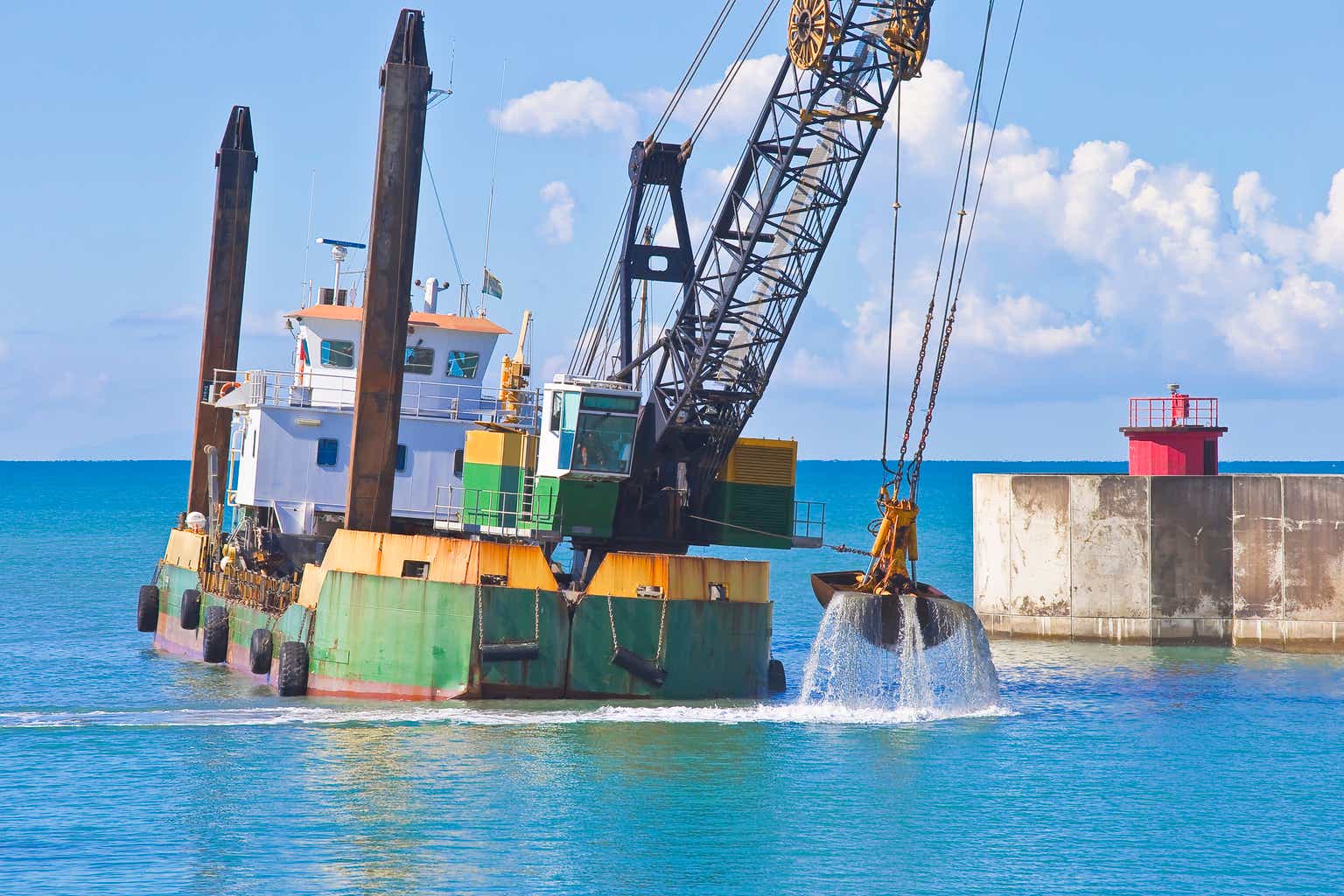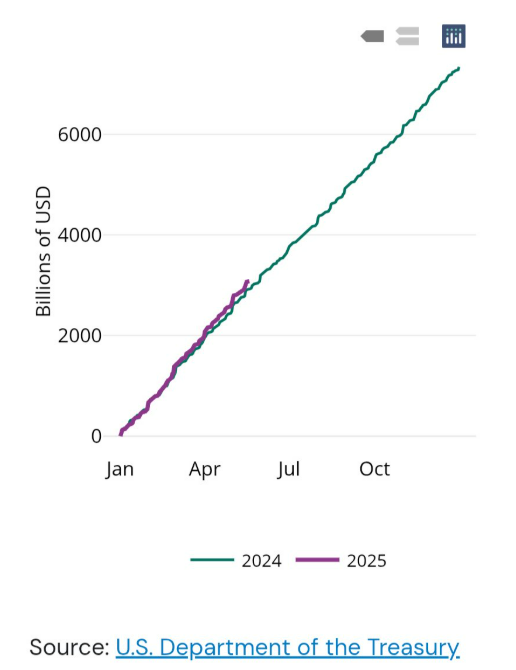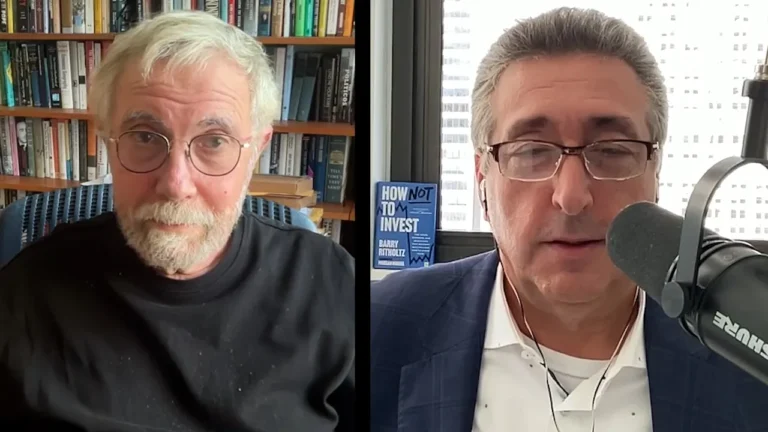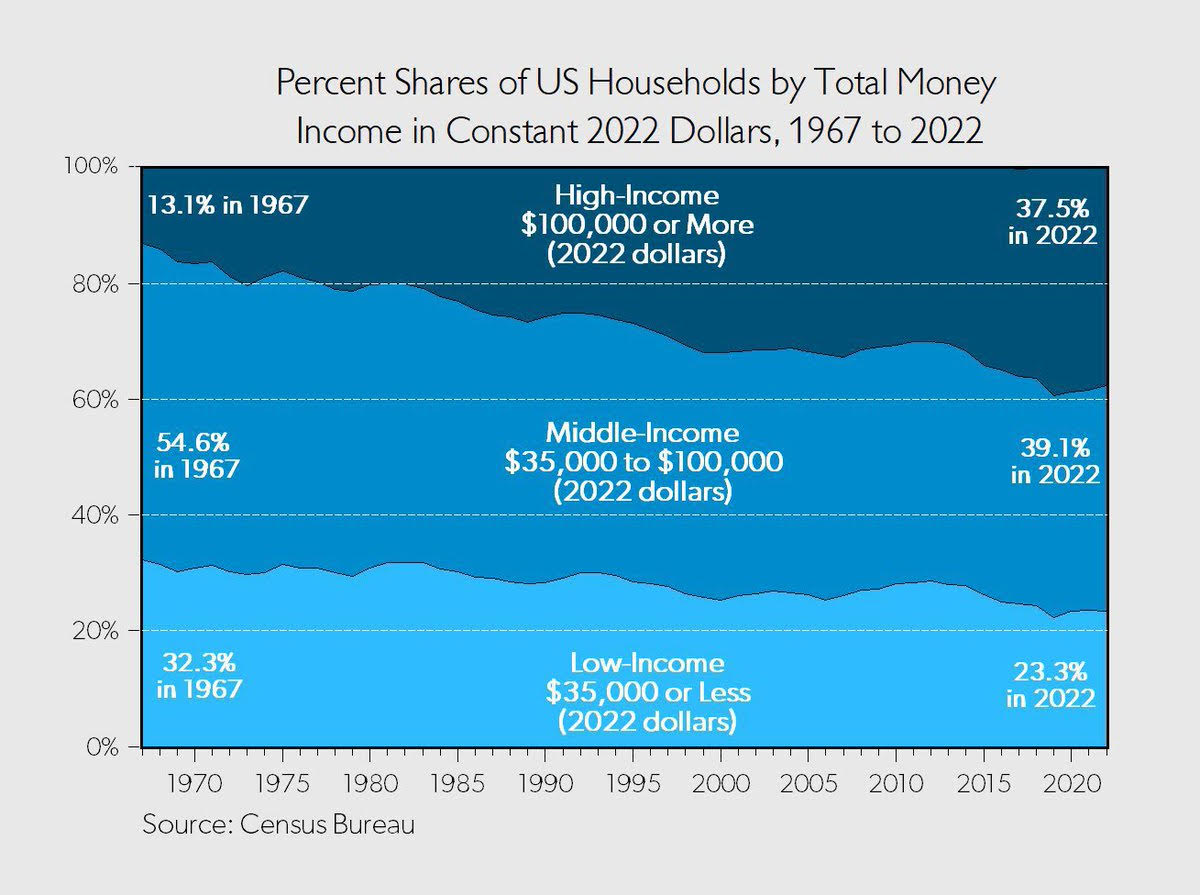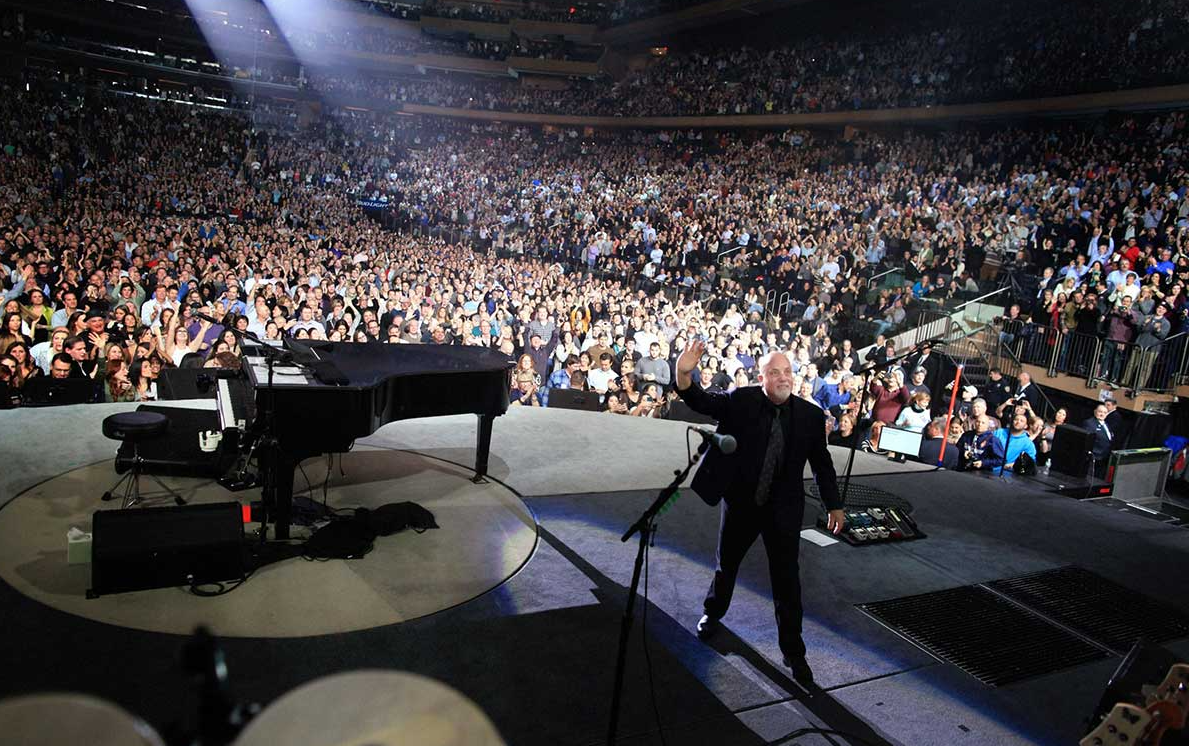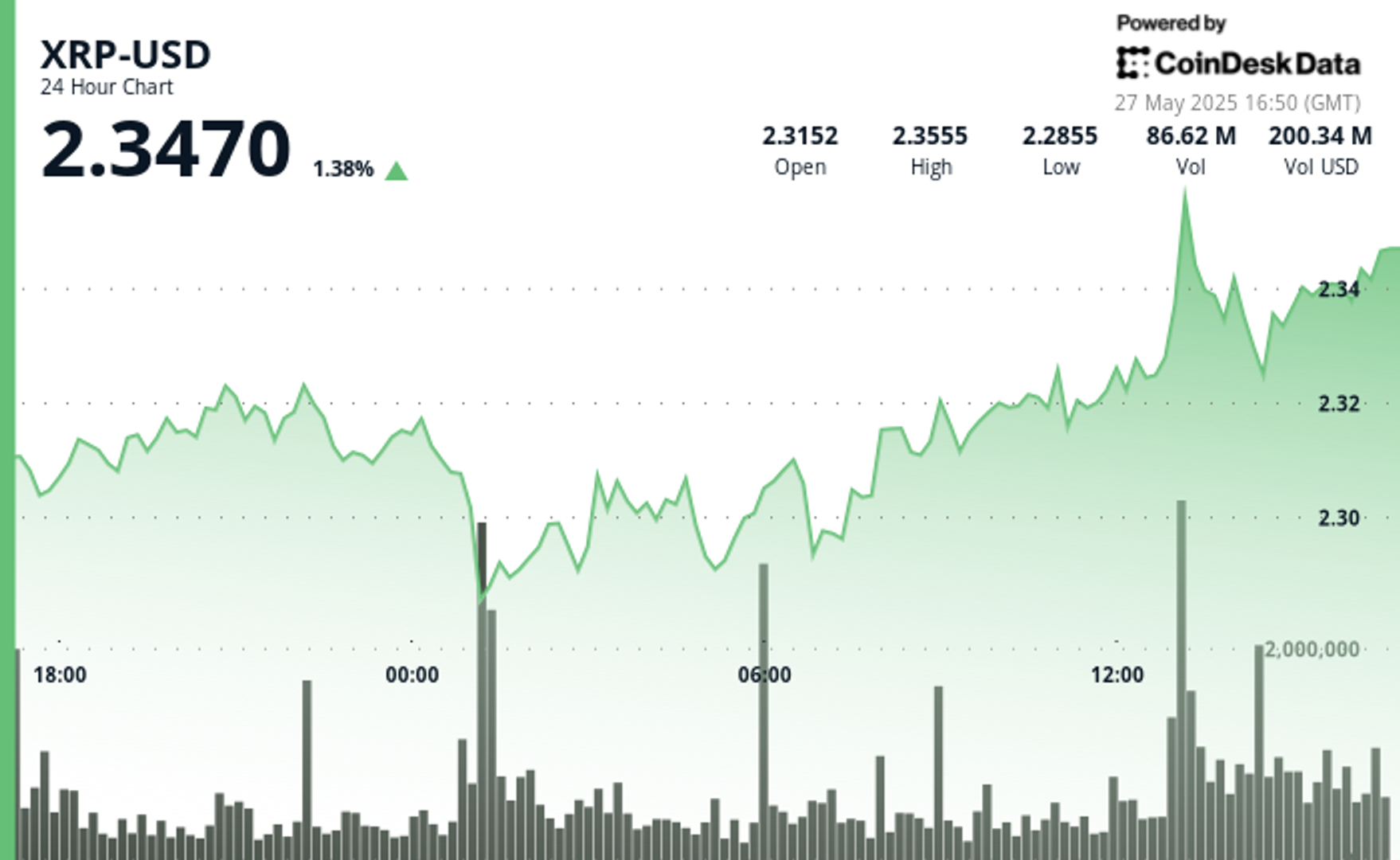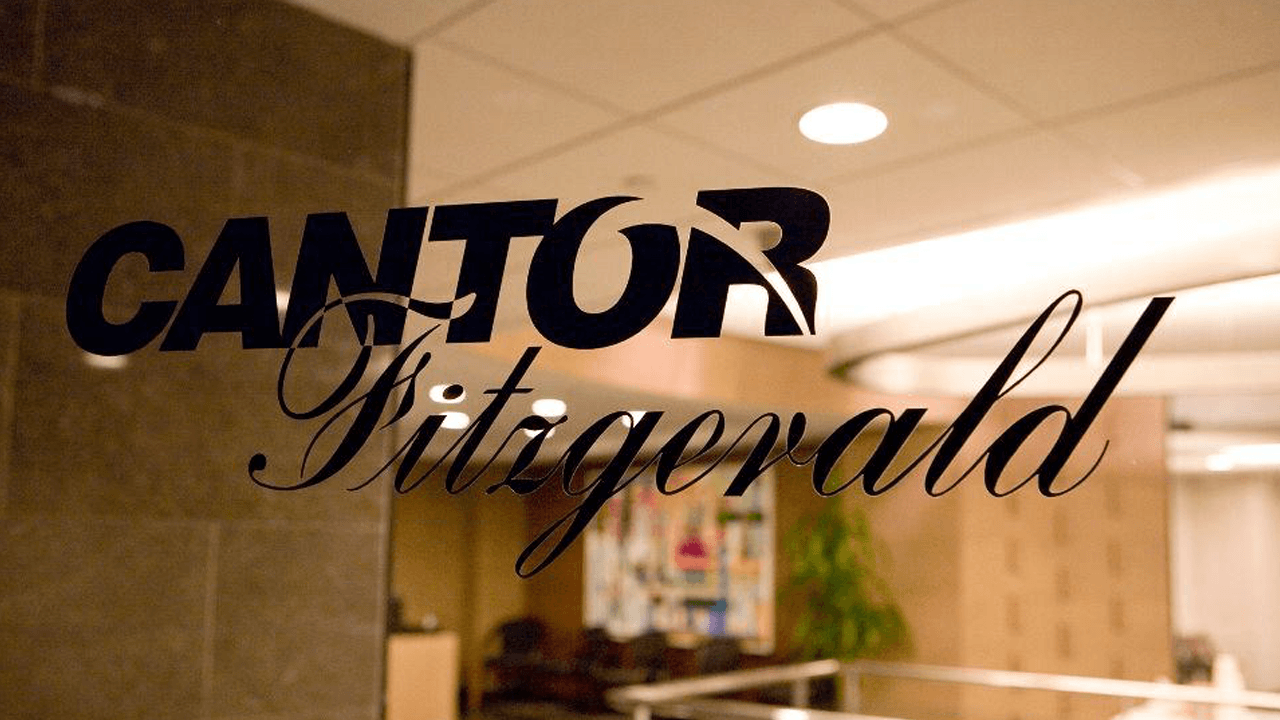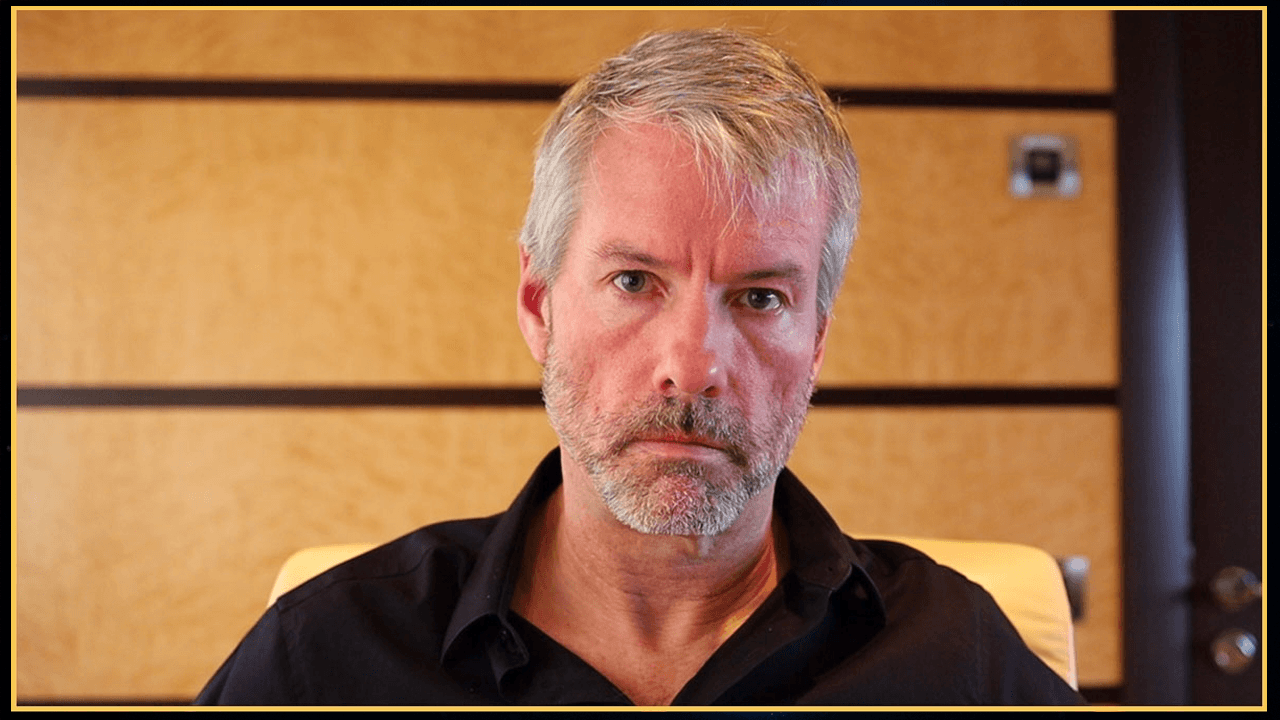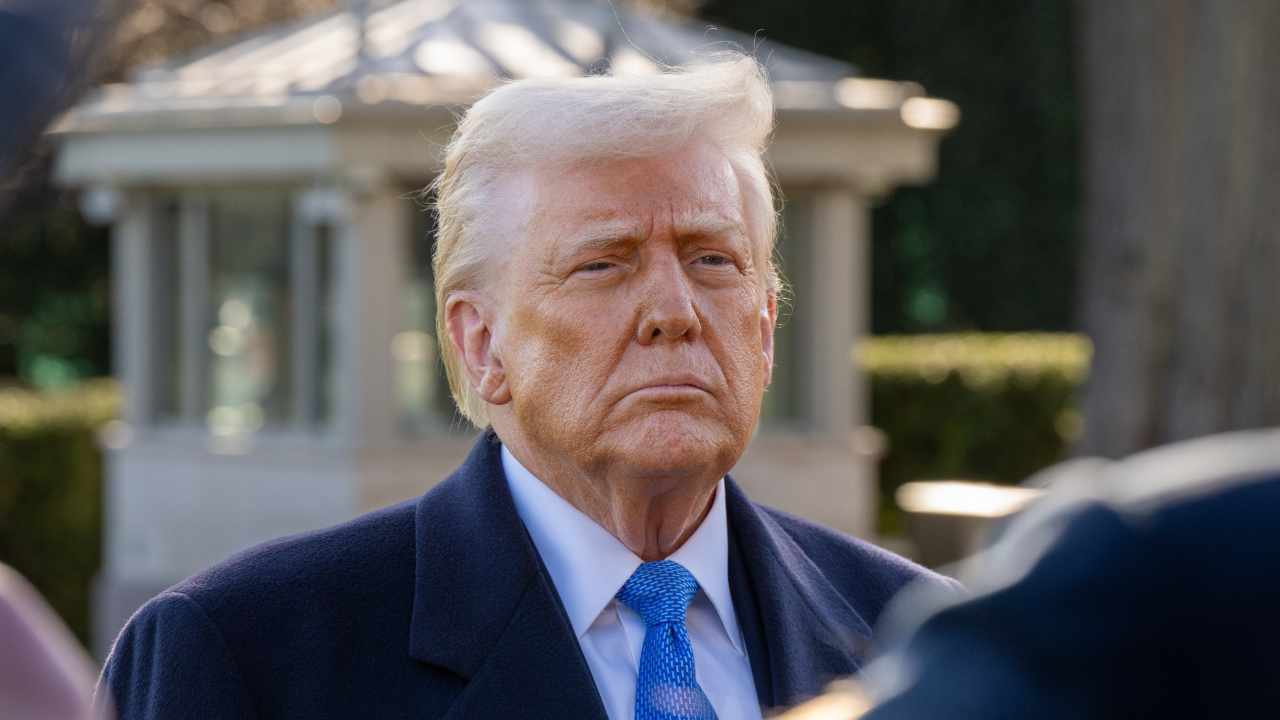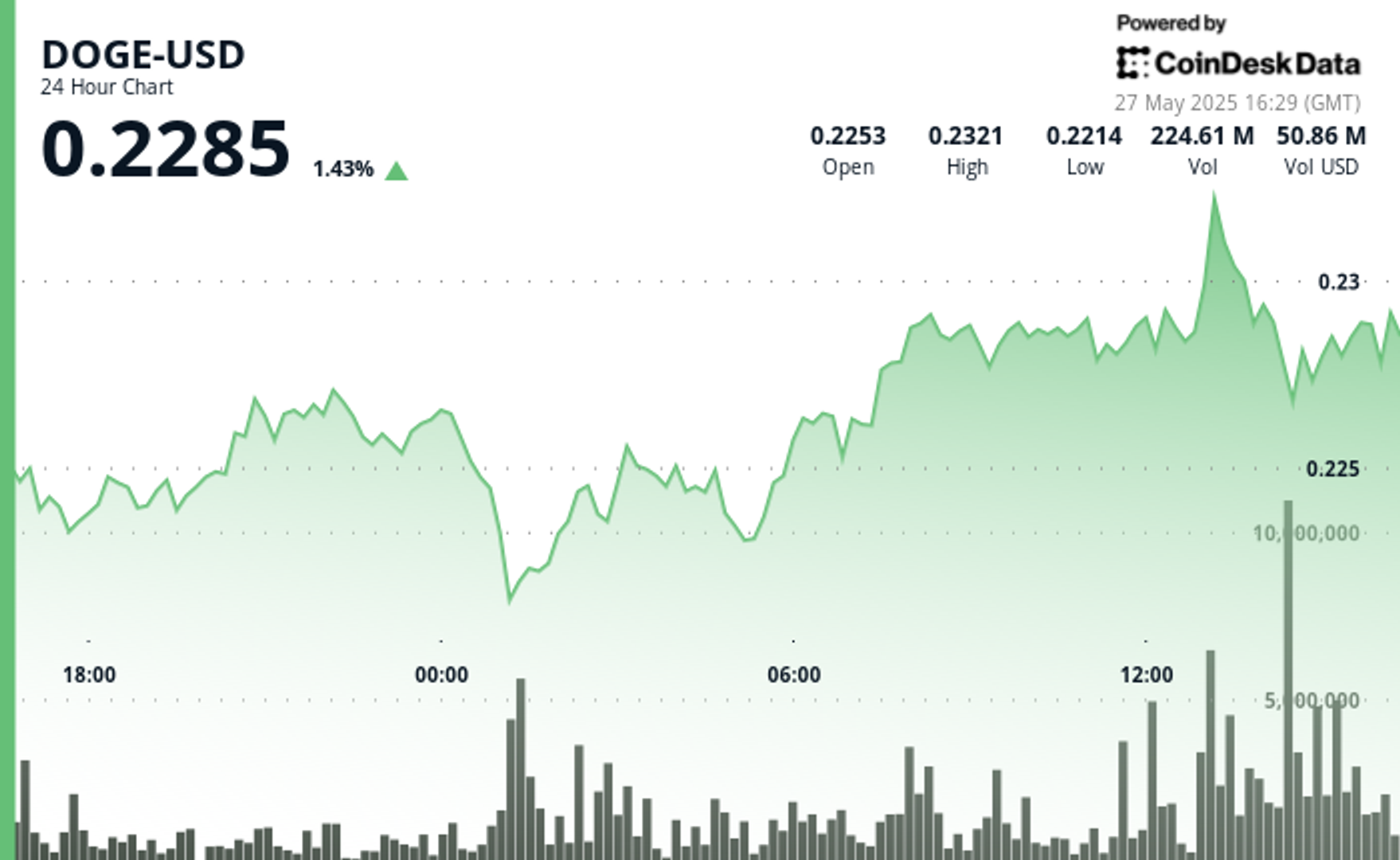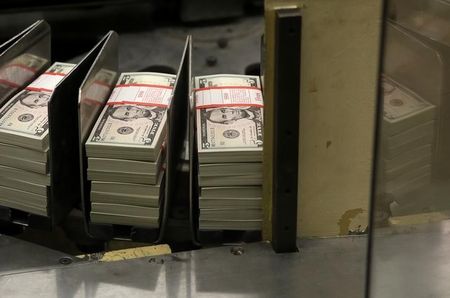German industrial titan, Thyssenkrupp, prepares for a major shake-up—raising concerns over job cuts and a looming break-up
Once a symbol of German manufacturing might, Thyssenkrupp has fallen into crisis in recent years due to high costs, falling prices and fierce competition from Asian rivals.

Thyssenkrupp said Monday it planned a major overhaul that will split the vast conglomerate into several standalone businesses, fuelling fears about further job losses and a looming break-up of the historic German industrial titan.
Once a symbol of German manufacturing might, Thyssenkrupp has fallen into crisis in recent years as high costs at home, falling prices for its products and fierce competition from Asian rivals hammered its traditional steel business in particular.
The conglomerate, which traces its history back to the early 19th century, had already announced massive job cuts at the steel division and was in the process of seeking to spin off some parts of the business.
The plan announced Monday goes further however, and involves gradually making all segments of the group — ranging from auto parts to green technologies — into standalone businesses and opening them up for outside investment.
The current Thyssenkrupp group would be transformed into a holding company with stakes in the individual businesses.
Chief executive Miguel Lopez said the plan, to be presented to the supervisory board before the end of September, will help the group continue on its “chosen course”.
“The future independence of our current segments… will increase their entrepreneurial flexibility, strengthen their investment plans and earnings responsibility, and improve transparency for investors,” he said in a statement.
The move principally affects the group’s automotive technology and green technology units as well as one that deals with supply chain management.
The aim is for them to become independent businesses in the coming years, with Thyssenkrupp to retain a controlling stake.
Efforts were already ongoing to spin off its lucrative submarine-making unit, and Czech billionaire Daniel Kretinsky has taken a 20-percent stake in the steel business, with the goal of increasing this to 50 percent.
‘Dramatic situation’
Investors cheered the news, with Thyssenkrupp’s shares up more than eight percent in afternoon trading on the Frankfurt Stock Exchange.
But there was anger at what some viewed as the looming demise of a well-known German manufacturing giant, which has almost 100,000 employees worldwide, as well as fears about more job cuts.
“Germany’s industrial icon faces being dismantled, thousands of jobs are at risk,” said the tabloid newspaper Bild.
It reported that the number of staff at the group’s Essen headquarters would be slashed from 500 to 100. Thyssenkrupp declined to comment on the report.
Politicians voiced anger at the potential impact in North Rhine-Westphalia state, where Germany’s biggest steelmaker has major operations and is a big employer.
Dennis Radtke, a European Parliament lawmaker from Chancellor Friedrich Merz’s CDU party, warned of a “dramatic situation for the entire value chain in the steel industry” if the restructuring plan goes ahead.
Radtke, originally from the region, told Stern magazine that swift action was needed to “avoid carnage that would make us even more dependent on China… the chancellor must make the issue a top priority”.
China has become a major competitor to traditional European steelmakers in recent years.
A spokesman for the North Rhine-Westphalia state said it was “closely monitoring” the latest developments at Thyssenkrupp.
The state government’s “actions are focused on securing jobs at ThyssenKrupp… and throughout the steel industry and related value chains”, he told AFP.
Thyssenkrupp has reported massive annual losses for the past two years running. In November last year it announced plans to cut about 11,000 jobs at the steel division — over a third of the workforce.
This story was originally featured on Fortune.com





